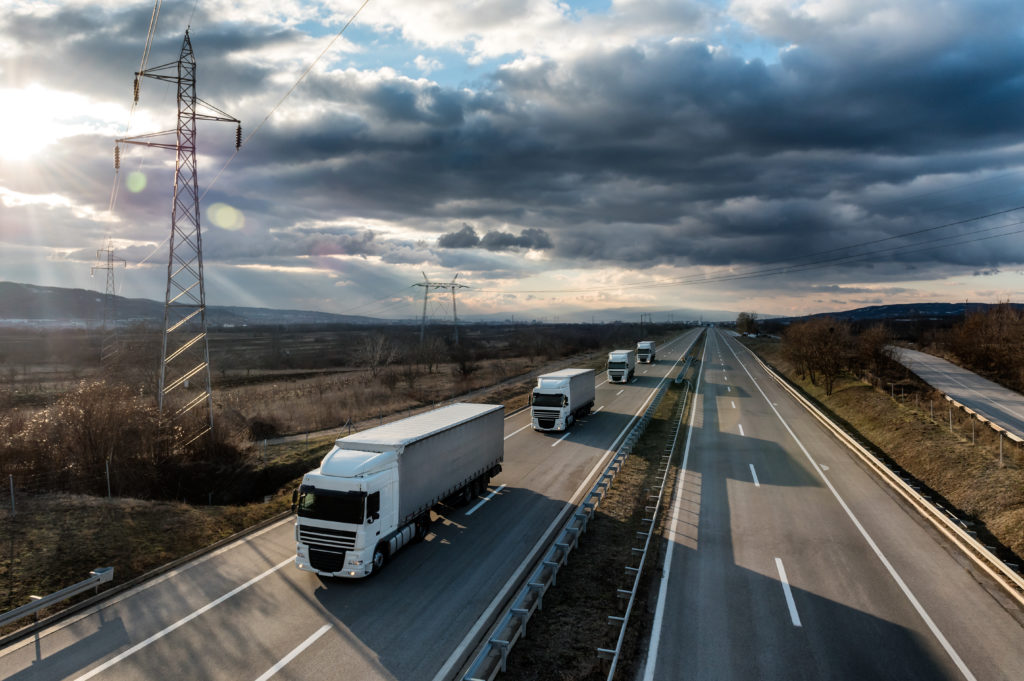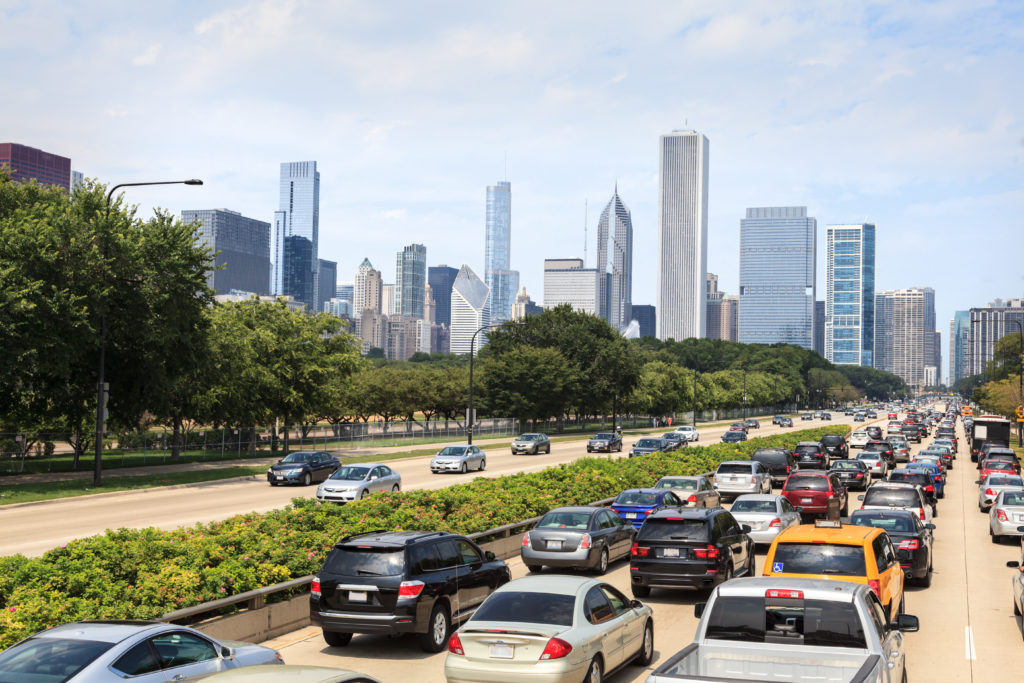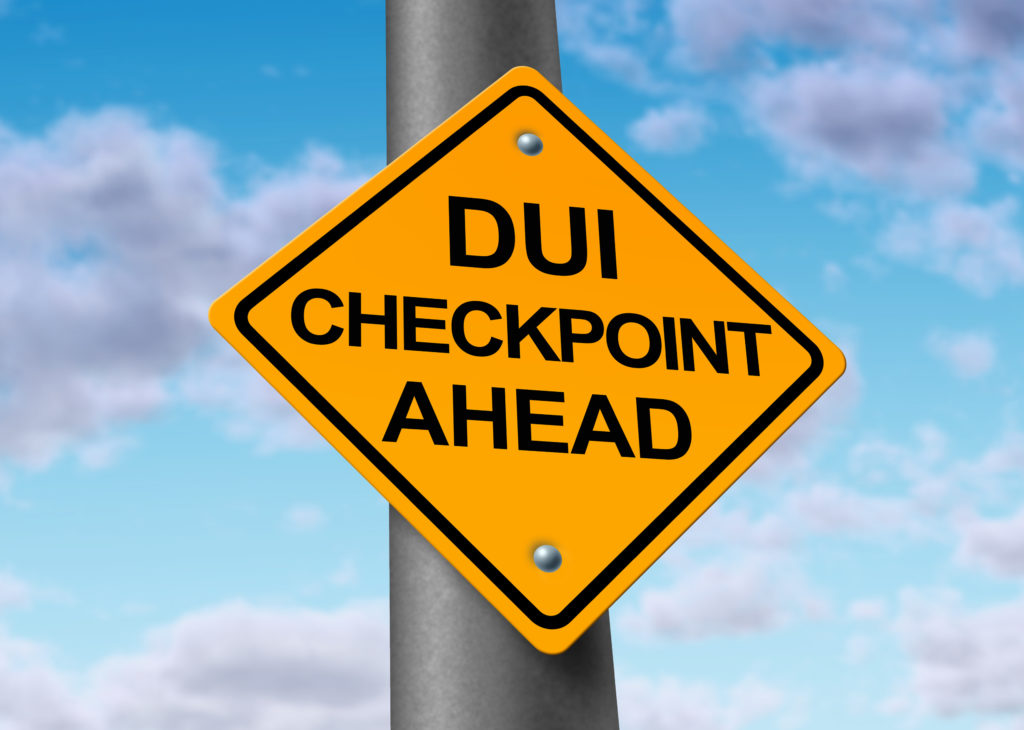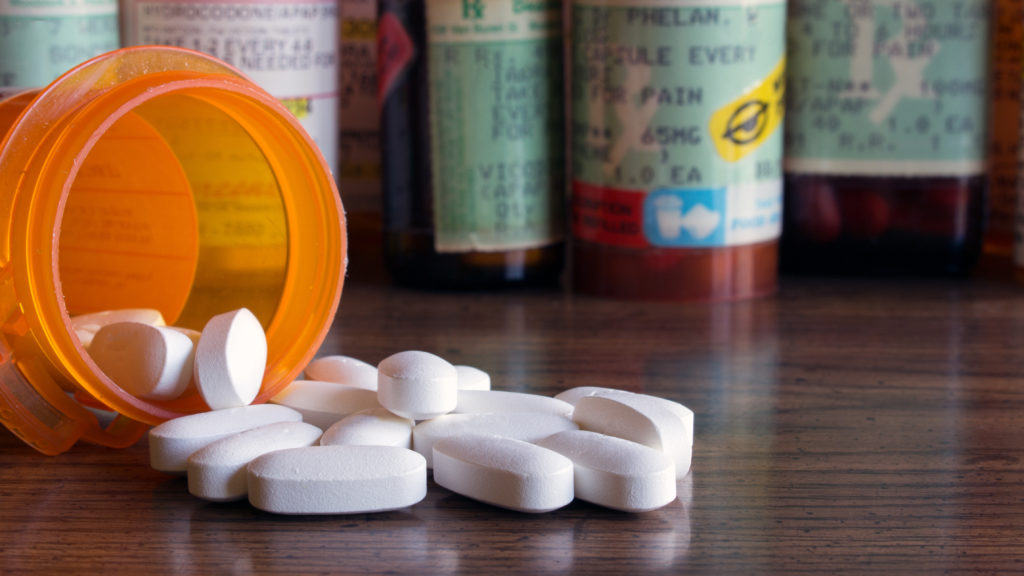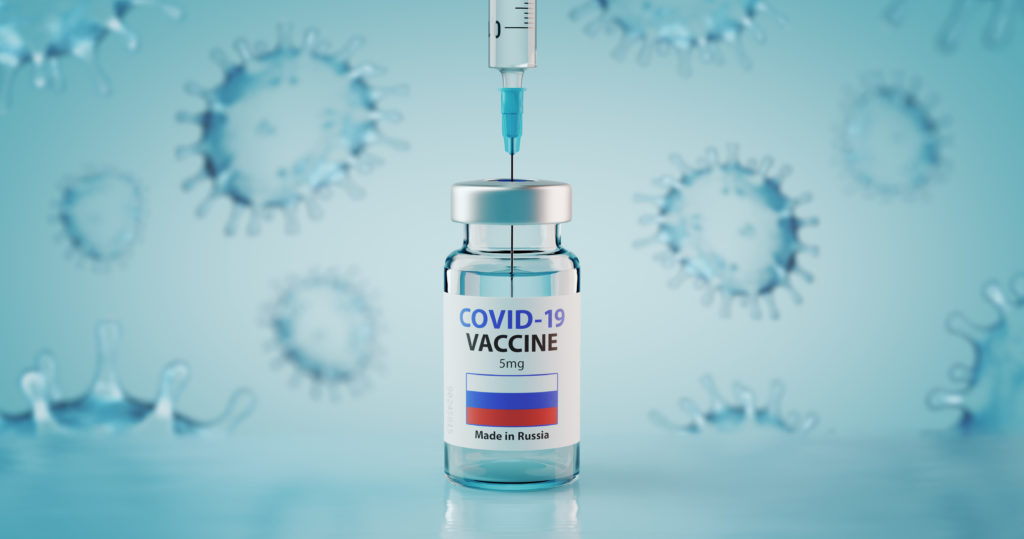
As the nation relies on the trucking industry to keep it stocked on essential goods, food, and medical equipment, freight companies say they will not be ready to meet the challenges of shipping COVID-19 vaccines to all who need it once it becomes readily available.
Carriers have had tirelessly-working employees throughout the current health crisis and have seen issues such as low containership and cargo capacity as well as a lack of a timeline in regards to the arrival of a vaccine. The rush to safely transport fragile medicines in larger-than-ever quantities will call on the use of reliable, innovative technology, and, unless these innovations are adopted widely soon, vaccine transport will face heavy delays.
“We’re not prepared,” said Flexport’s global head of air carrier relationships, Neel Jones Shah. “Let’s all be honest here, vaccine supply chains are exponentially more complex than PPE supply chains. You can’t ruin PPE by leaving it on the tarmac for a couple of days. You will destroy vaccines [by doing that].”
Distributing vaccines will bring a lot of unprecedented challenges, especially with a scaling-down infrastructure behind the global economy as it prepares for widespread downturn, which comes just as pharmaceutical professionals work toward their largest export to date.
Health officials have brought up the issue of refrigeration, saying a new vaccine must be kept at between 35.6 and 46.4 degrees Fahrenheit during the entire shipment process. Newer tech methods may require advanced freezer machinery to keep them at 80 degrees below 0 Celsius, but any change in temperature, at any time, could ruin the vaccines entirely.
According to Shah, Flexport is still working out how products needing such careful transport could reach rural or impoverished areas, or what pharmaceutical companies working on these vaccines will need from companies like his. “To a T, they’re all extremely nervous about being able to bring these to market as quickly as people might expect,” he explained.
According to the World Health Organization, there are currently at least 160 COVID-19 vaccines being developed, with 25 presently in human studies. Those that have been most successful are heading into late-stage trial experiments, and may reach emergency-use authorization before the end of 2020. This would bring potentially usable shots–although in limited quantity–to health care workers and others who are most at risk.
“Often, people are talking about the scientific conundrum of coming forward with a vaccine that works,” said Kenneth Frazier, CEO of Merck & Co. “None of us are safe until all of us are safe, so it’s got to be given broadly to humanity. We need a vaccine that we can make and distribute around the world.”
Right now, companies are working out manufacturing deals while facilities prepare to produce still-risky vaccines that may fail in clinical trials. Although these vaccines are not yet ready for mass distribution, that level of production looms over the transportation industry, with pharmaceutical experts saying this distribution will be the greatest difficulty of the entire vaccine-producing process.
In regards to overseas travel, a single Boeing 777 will be able to ship one million individual vaccine vials, according to head of Emirates SkyCargo’s pharmaceutical division, Julian Sutch. Airlifting double-dose regimens–to be administered to half of the global population–would require 8,000 cargo planes.
Freeing up air freight capacity and preparing idled passenger planes to carry essential goods is helping to develop an international strategy. Currently, Emirates is using 70 passenger 777s just for cargo.
“I don’t think we’re ready because I don’t think we know what to expect,” said Miami International Airport aviation trade and logistics manager, Emir Pineda. “If, all of a sudden, 20 to 30 charter flights land at Miami International Airport full of pharmaceuticals for distribution throughout the Americas, we’re going to have a challenge.”
Governments may begin to intervene if private industry cannot meet the demands of this vaccine, as well. The Pentagon could potentially call Civil Reserve Air Fleet-contracted commercial airlines to aid in the efforts.
Additionally, as economies attempt to regain footing, stock demands will skyrocket ahead of the holiday season. Shipping prices may rise even higher, especially with current–and future–capacity shortages.
“We are going to see spikes driven by commercial freight,” said vice president at Atlas Air Worldwide, Michael Steen. “The typical calendar peak will be strong–that’s what we’re expecting.”
Although some international companies have been working to truck products into the U.S. or have been chartering private planes to deliver therapeutics, these Band-Aid solutions will likely fail with the complicated, expensive needs of shipping an international vaccine.
“We’re not planning proactively for accommodating that vaccine distribution going forward, because the various parties here are not connecting,” said Steen. “Shippers and manufacturers are not connecting.”
Still, supply chain companies, governments, and drug manufacturers are working diligently to find ways to “take this very scarce capacity and support the distribution of those vaccines in order to stimulate the economies and, most importantly, make people healthy again,” Steen said.

